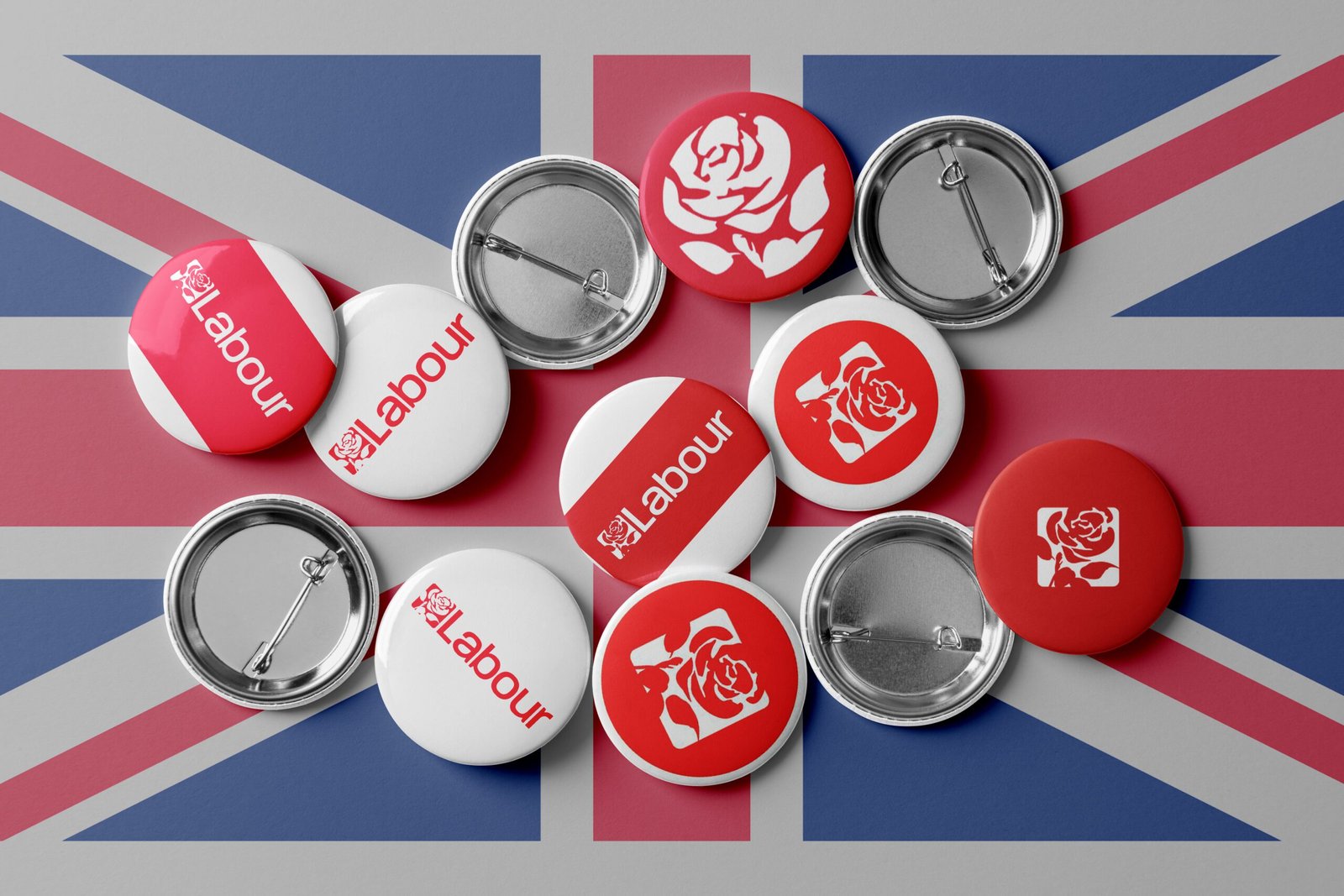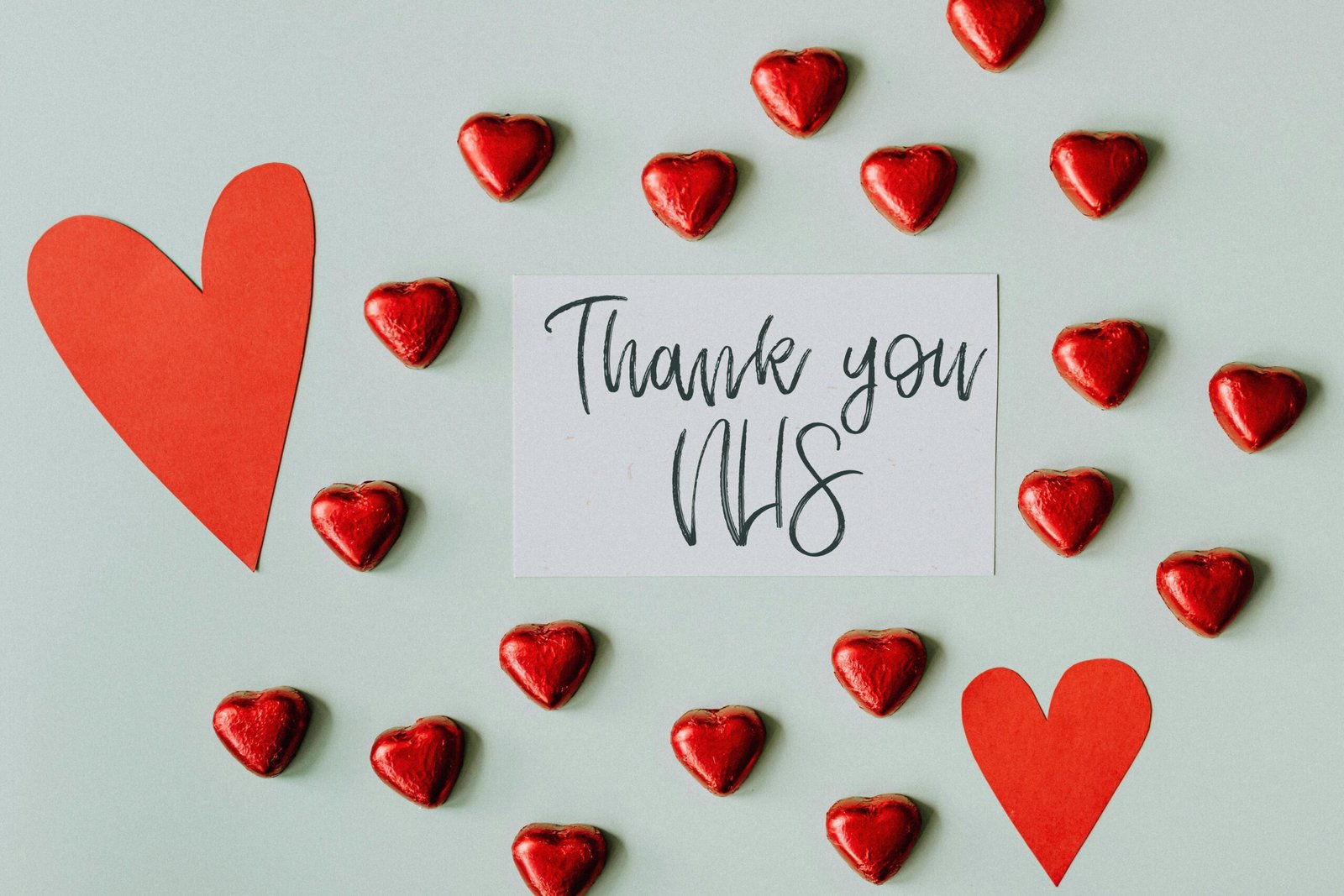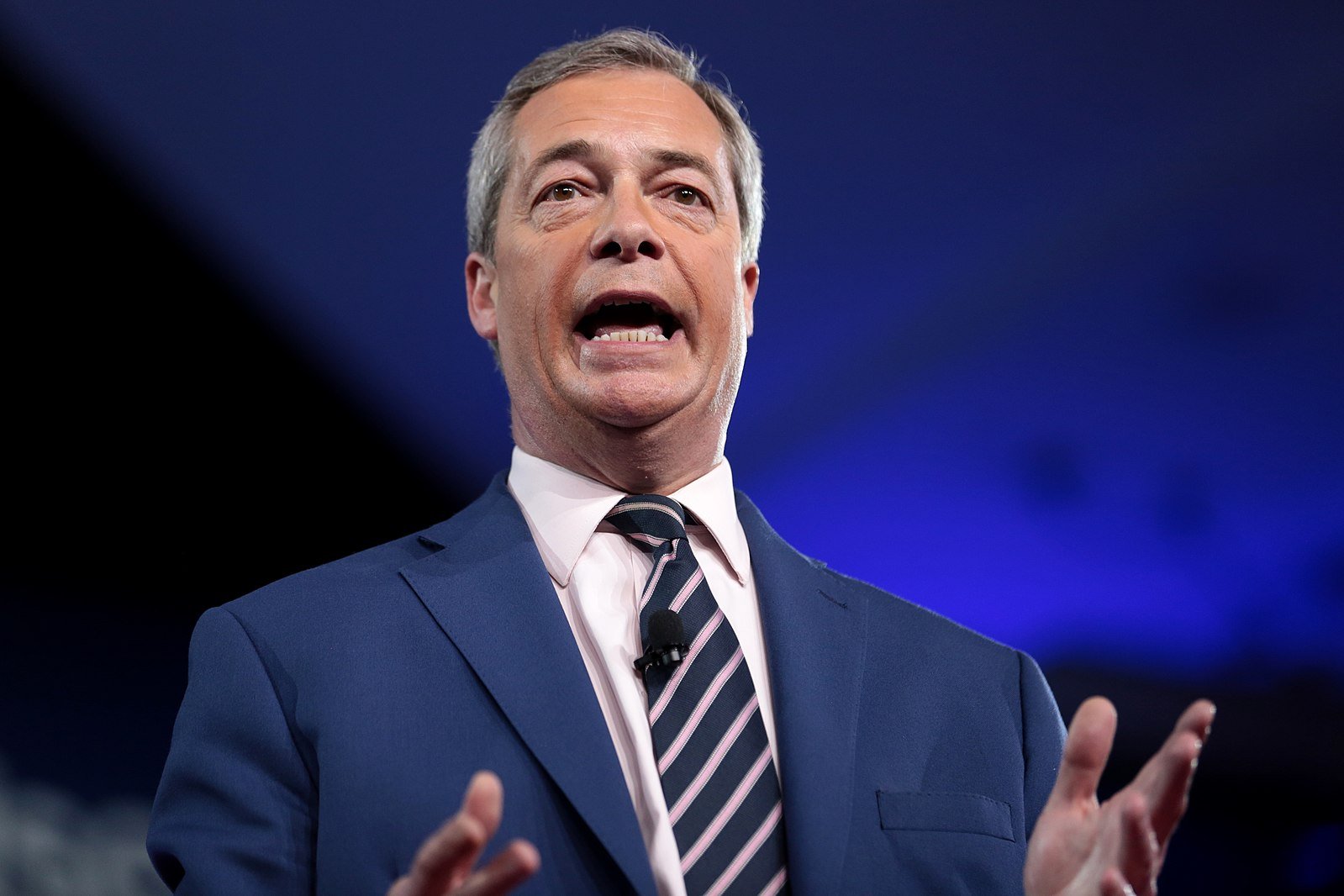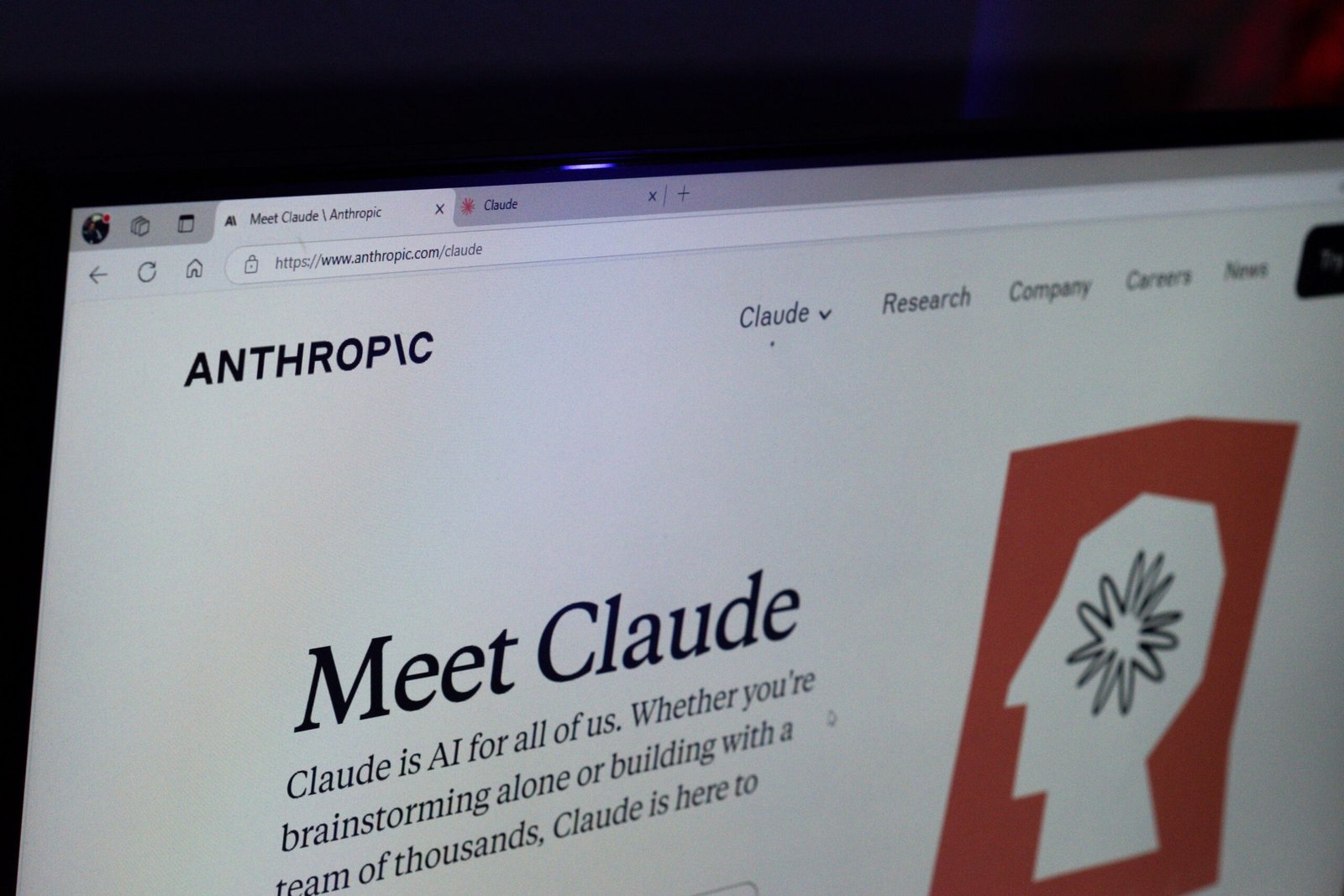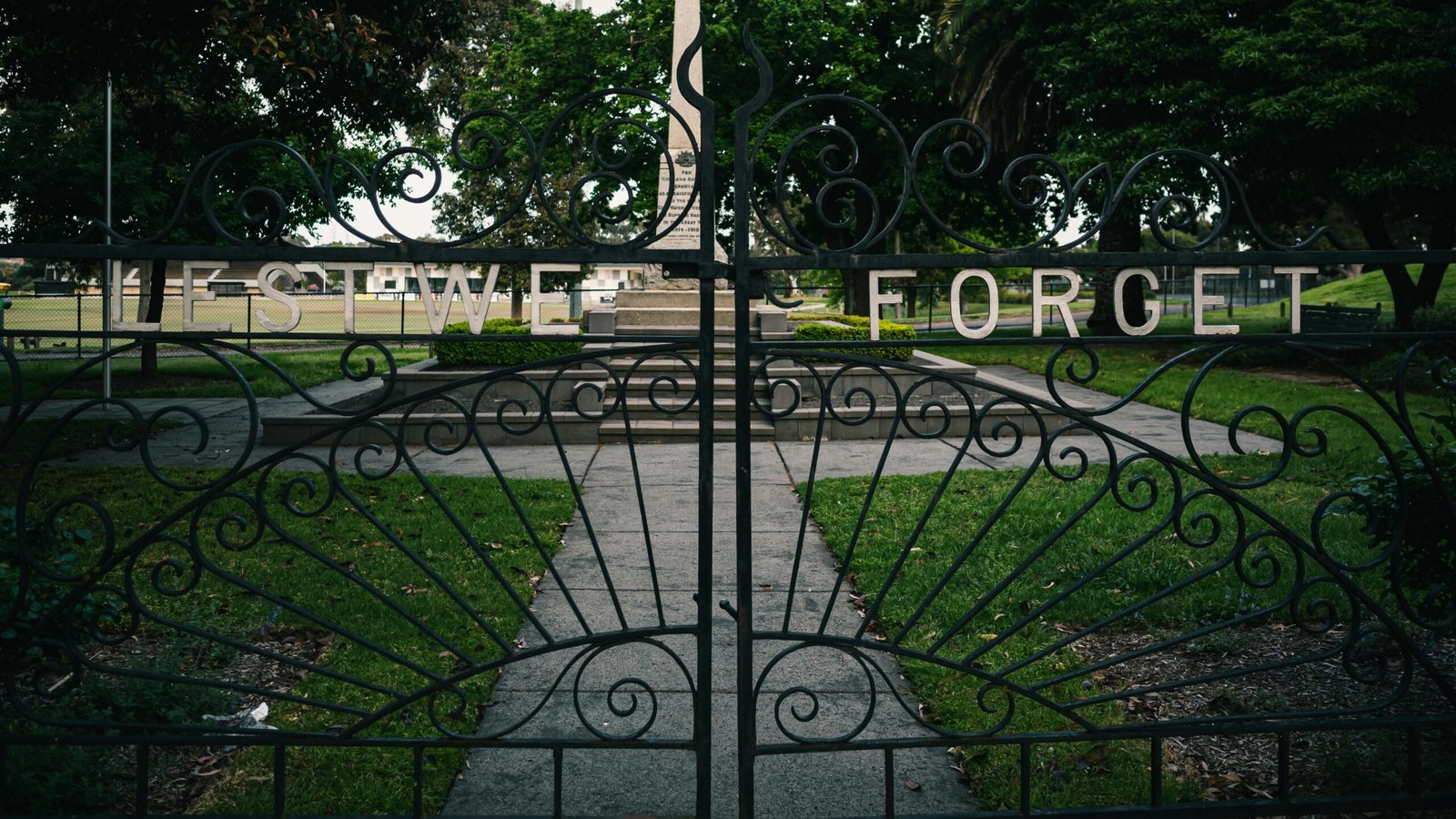
Every year on May 8th, nations across Europe and beyond mark Victory in Europe Day, more commonly known as VE Day. It is a time for reflection, gratitude, and remembrance, commemorating the moment the Allied forces formally accepted Nazi Germany’s unconditional surrender, bringing an end to World War II in Europe in 1945.
At precisely 11:01 PM on May 8, 1945, news of Germany’s surrender spread, sparking joyous celebrations across the United Kingdom, France, the United States, and much of Europe. Crowds gathered in streets, waving flags, singing, and embracing strangers. In London, tens of thousands flocked to Buckingham Palace, where King George VI and Prime Minister Winston Churchill appeared on the balcony. Across the Atlantic, in New York City’s Times Square, the atmosphere was equally jubilant.
However, amid the celebration was solemn recognition of the cost of victory. Over 70 million people had lost their lives in the conflict, including soldiers, civilians, and victims of the Holocaust. The end of the war in Europe brought relief, but also left millions displaced and mourning. In the Pacific, the war would continue for several more months until Japan’s surrender in August 1945.
Today, VE Day serves not only as a celebration but as an opportunity for reflection. It reminds us of the immense sacrifices made to defeat fascism and restore peace. Ceremonies often include moments of silence, wreath-laying at war memorials, and stories from surviving veterans, whose numbers are sadly dwindling.
In recent years, especially with the passage of time, VE Day has taken on new relevance. As Europe faces modern challenges, from political tensions to war in Ukraine, VE Day stands as a reminder of the fragility of peace and the enduring importance of international cooperation and unity.
As generations grow further removed from the events of World War II, educators and historians stress the importance of keeping VE Day’s lessons alive. Without understanding the past, they warn, future generations may fail to recognise the signs of tyranny and division.
VE Day is not only a historical milestone; it is a moral anchor. As we mark another year since the guns fell silent in Europe, the day continues to call for remembrance, vigilance, and above all, gratitude for the freedoms hard won in 1945.
Why VE Day Still Matters in 2025
Every year on May 8th, social media fills with black-and-white photos, old news clips, and emotional tributes. VE Day might seem like a distant event in our fast-moving digital age, but its relevance today is more important than ever.
So, what is VE Day? Short for Victory in Europe Day, VE Day marks May 8th, 1945—the day Nazi Germany officially surrendered to the Allies, ending World War II in Europe. For people living through the war, it was a beacon of relief after nearly six years of global conflict. Imagine waking up knowing the air raids had ended, soldiers would soon be coming home, and tyranny had been defeated. That was the feeling across London, Paris, New York, and many other cities as people flooded the streets in celebration.
But behind the joy was deep sorrow. Millions had died. Families were forever changed. Entire communities in Europe had been destroyed or displaced. The Holocaust had revealed humanity’s darkest depths. VE Day was as much about relief and victory as it was about reflection and mourning.
Fast forward to 2025. Why should we still care about VE Day?
First, because peace should never be taken for granted. Although most of Europe has enjoyed decades without major war, global tensions are never far away. The war in Ukraine, the rise of nationalism, and global instability remind us how fragile peace can be. VE Day is a timely reminder of what happens when hatred, extremism, and unchecked aggression take hold.
Second, VE Day is a tribute to those who gave everything. Soldiers, resistance fighters, and ordinary citizens risked and lost their lives for freedom. Remembering them keeps their sacrifices alive in our collective memory. It also honours the values they fought for: liberty, democracy, and justice.
Finally, VE Day offers lessons for the future. In a world that often feels divided, remembering how nations came together in the face of a common enemy can inspire unity. It’s easy to take freedom and security for granted until they are threatened.
So next May 8th, take a moment to pause. Watch a documentary, read a veteran’s story, or simply reflect on how different the world might be had the Allies failed. VE Day is not just history—it’s a yearly call to remember, to appreciate, and to never forget why peace is worth protecting.
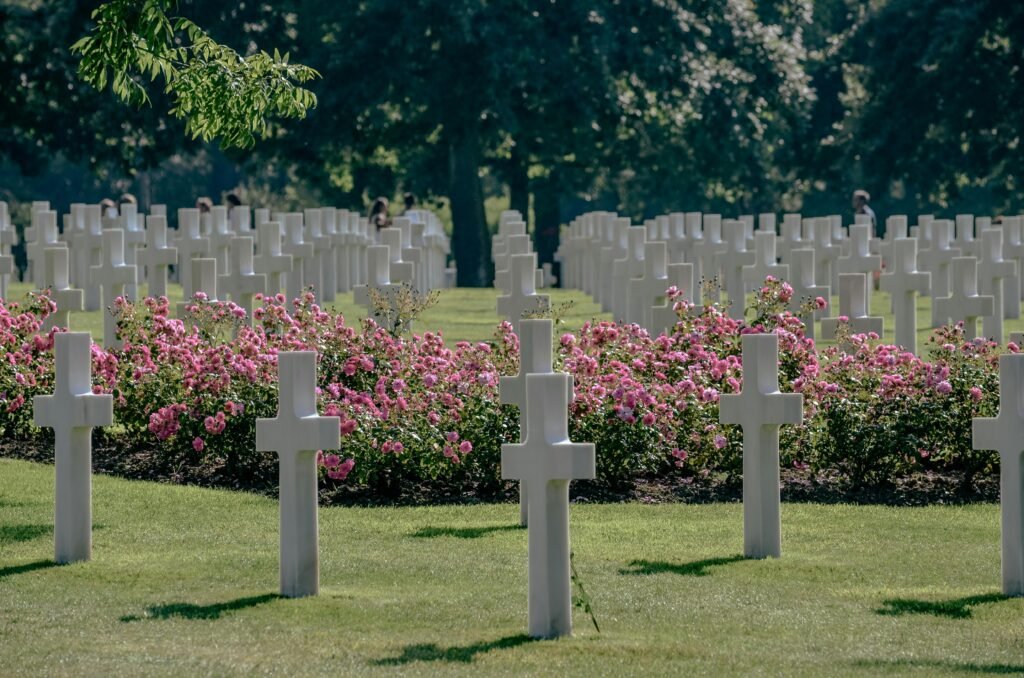
https://www.iwm.org.uk/history/what-you-need-to-know-about-ve-day
